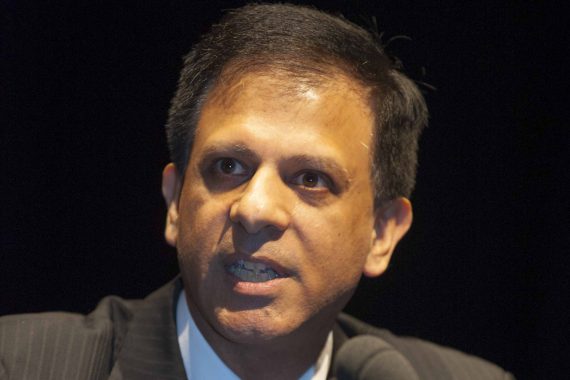GPs surveyed on willingness to withdraw patient services

The GPC is asking GPs to consider what services they would be willing to withdraw in a bid to reduce their workload.
A national survey of GP members, which closes Sunday midnight, asks GPs whether they would consider ‘restricting clinical work to contractual essential services’ while increasing ‘the use of external referral for non-core services’.
The options also include withdrawing from ‘wider non-contractual services that GPs voluntarily provide’, as well as the QOF.
The survey, which marks the next step following the GPC’s decision not to ballot members on their willingness to submit mass resignations, further suggests GPs might temporarily suspend new patient registrations or apply to reduce practice boundaries and ‘remove patients from the list’.
The GPC announced that in August that it will not ballot members on potentially submitting undated resignations or industrial action after claiming that it has won concessions on workload from NHS England.
According to the GPC, NHS England agreed to take on board a number of suggestions from the GPC’s ’Urgent Prescription for General Practice’, including ensuring GPs work within safe limits and longer appointments.
At the time it said that instead of a ballot, it would be ’surveying members… asking grassroots GPs for their views on future negotiations with the Government’.
Survey question on withdrawing services
Which of the following would you consider doing in order to safely manage practice workload? Choose all that apply.
a. I don’t need to take any further measures to manage workload
b. Restricting clinical work to contractual essential services, and increased use of external referral for non-core services (eg phlebotomy, ECGs, spirometry being carried out at a local hospital)
c. Working at scale (eg super-practices, MCPs, federations)
d. Withdrawal of wider non-contractual services that GPs voluntarily provide
e. Withdrawal from additional services, such as the provision of contraceptive services
f. Withdrawal from enhanced services, such as the provision for minor surgery, extended hours
g. Withdrawal from the quality and outcomes framework
h. Temporary suspension of new patient registrations
i. Application to reduce practice boundary and remove patients from the list
j. Withdrawal from local CCG meetings and activities
k. Other (please specify in 100 words)
Source: BMA
Other questions in the survey focus on GPs’ hopes for the future model of general practice, how they want to receive funding and charging overseas patients.
The GPC’s next step comes as Pulse has learned that some GPs are disillusioned with the measures taken by the GPC to save general practice in crisis.
GPC chair Dr Chaand Nagpaul said he urges all GPs to respond to the ‘vital questions’ in the survey ‘at a time when general practice is facing unprecedented pressures’.
He said: ‘We want to hear from all GPs – newly qualified, well-embedded in general practice, or at the tail end of their career; whether a partner, salaried, locum, trainee or any other type of GP.
‘This survey is crucial for informing national GPC policy and negotiations, and to design the future of general practice based upon the needs and aspirations of grassroots GPs.’
The next step in place of mass resignations
The GPC has told Pulse that legal advice and feedback from GPs contributed to the decision to drop plans to ballot the profession on industrial action.
Although some LMC leaders expressed concern at the decision at the time, in light of the overwhelming vote in support at May’s LMC conference to take the ‘nuclear option’.
Meanwhile, as revealed last week, LMC leaders are plotting their own ‘plan Bs’ for general practice in their areas, including looking at charging patients directly for services.
They are inspired by the Northern Irish GPC, which is currently investigating the willingness of their GPs to exit the NHS and deal directly with patients instead.
Meanwhile, GPs in Lincolnshire are already refusing non-contractual work as part of an LMC-led campaign.









